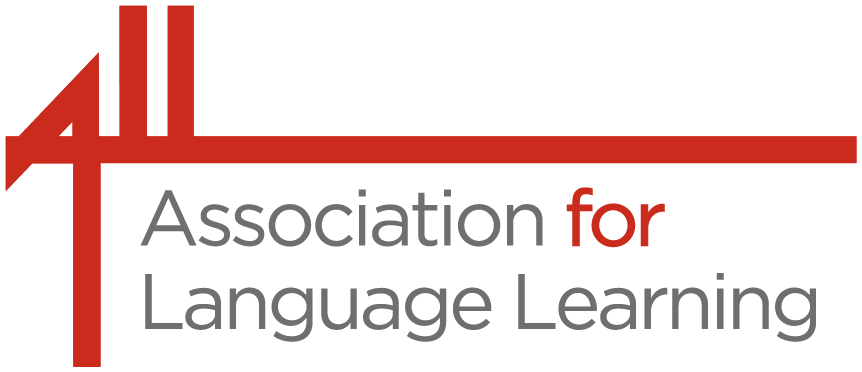Language Futures is a highly personalised, innovative and creative approach to language teaching and learning suitable for both primary and secondary schools. It has been designed to foster deep learner engagement and enable pupils to take responsibility for their own learning which they are encouraged to extend beyond the classroom.
This year’s Language World conference Language World 2018 Flying the Flag for Languages saw the official launch of the findings of the Language Futures research study, an in-depth two-year study exploring and evaluating the impact of the Language Futures approach at secondary level. The study focused on pupil learning outcomes and evaluated linguistic competence, progression, motivation and engagement, and autonomy.
Key headlines and implications for the languages classroom include:
- Pupil motivation is linked to choice and motivation for language learning depends largely on classroom learning experiences.
- Aspects of autonomy and project-based learning are closely associated with positive motivation.
- Pupils traced a connection between the opportunities to direct their own learning and increased interest in learning. For some students, the feeling of autonomy was the overriding positive difference between LF learning and mainstream classroom experiences.
- The support of additional adults or older learners in the classroom, as volunteer mentors and language role models, conduits of culture, one-to-one explainers of structures or vocabulary, is invaluable.
- Lower attaining students overwhelmingly appreciated LF because they had more time to master content, vocabulary and grammar.
- Students in all the different LF models where projects were a key feature reported high levels of enjoyment, irrespective of ability or gender.
- Students who might not be intrinsically motivated by language can be motivated by culture. In addition, students who are interested in the language can also be further motivated by engagement with the culture.
To learn more about the research study or if you would like a copy of the full report, please visit the Impact section of the Language Futures website.
For further information, please contact the Language Futures Project Manager Clodagh Cooney by emailing [email protected]

